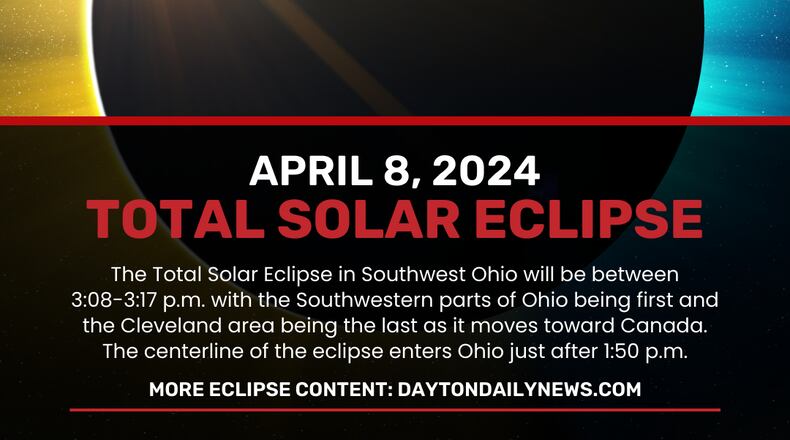A storm is forecasted to move from the southern Rockies to the central Plains and Midwest Saturday and Sunday, with the potential for torrential downpours and tornado that may affect travel and outdoor activities.
“The best places to be for observing the eclipse will be from southern Illinois and Kentucky, eastward to the East Coast and up into New York state and New England. The area from West Texas to southern Arizona should also have favorable viewing conditions,” said Joe Lundberg, AccuWeather senior long-range meteorologist. “These areas will either be in, or close to the path of totality, where the least amount of cloud cover is anticipated.” said Lundberg.
People traveling hundreds of miles to watch the eclipse on Monday should plan for heavy traffic and delays on major highways along and near the path of totality.
“Millions more people are going to see this upcoming eclipse compared to the 2017 eclipse,” said AccuWeather astronomy expert Brian Lada. “Not only that, it’s going to last longer.”
Dan DePodwin, AccuWeather’s senior director of forecasting operations, said people need to have several ways to receive severe weather alerts, and not to rely solely on outdoor warning sirens.
“Event organizers and people traveling to the path of totality should closely monitor forecast updates and prepare backup plans. An indoor shelter should have enough for all attendees in the event that downpours, gusty wind, hail, lightning or severe storms approach the area,” said DePodwin. “People camping or staying in recreational vehicles should locate nearby shelter options, especially if they are in an area with limited or no cellphone signal.”
About the Author

